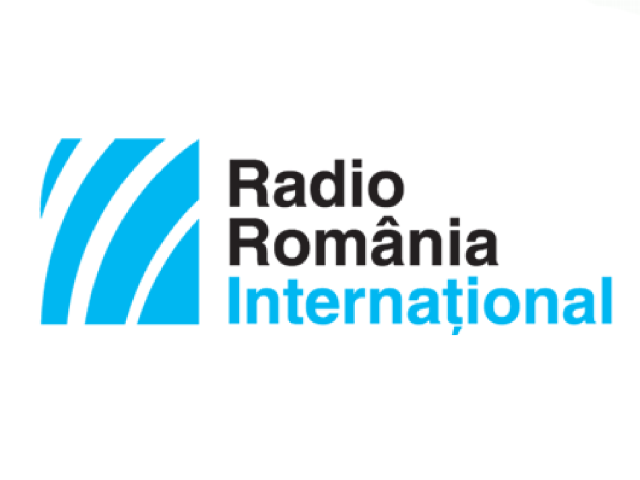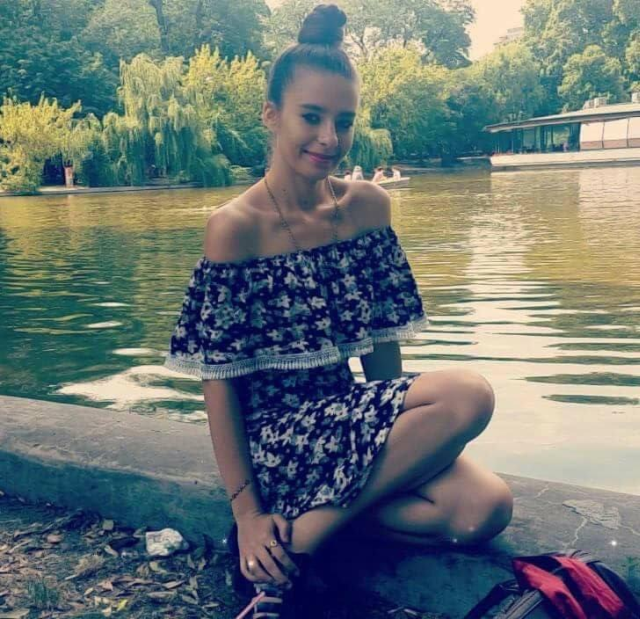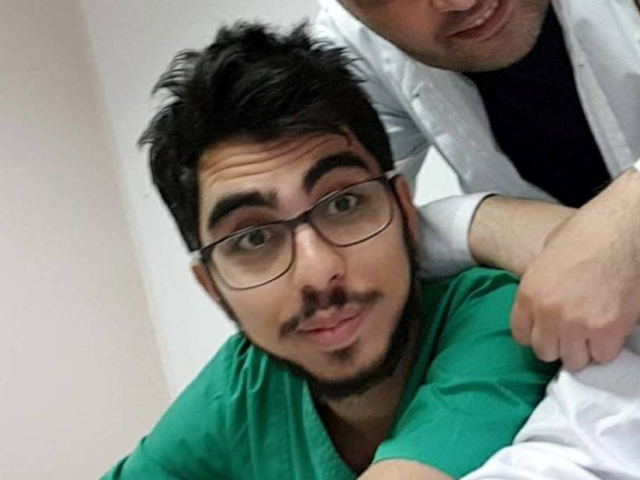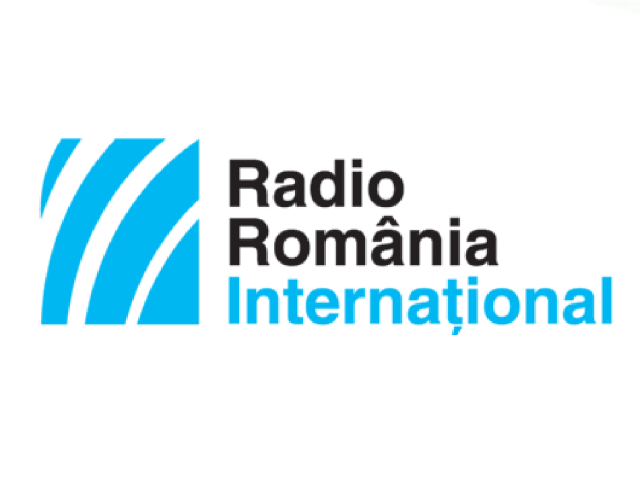Marco Cassioli, scholarship student at New Europe College in Bucharest
New Europe College is an institute of advanced social-human studies established in 1994 in Bucharest with the aim of creating an international network of prestigious academics. One of the New Europe College scholars is Marco Cassioli, with whom we talked about his academic interests and his relationship with Romania.

România Internațional, 09.07.2015, 15:01
New Europe College is an institute of advanced social-human studies established in 1994 in Bucharest with the aim of creating an international network of prestigious academics. One of the New Europe College scholars is Marco Cassioli, with whom we talked about his academic interests and his relationship with Romania.
“I’m from north-western Italy, from Piemont, the region that is currently home to the largest community of Romanians in Italy. They say there are about 150,000 out of a million ethnic Romanians living in that region alone. In Italy I was a school teacher and I had pupils from Romania, Albania, the Republic of Moldova. I must say I enjoyed the experience I had working with those children. They were all from well-integrated families, with working parents, who wanted their children to study. Romanian children in Italian schools are very good and serious. Maybe they do not spend that much time studying, but they are very respectful towards their teachers, and this is something that we no longer see in many of the Italian pupils.”
Marco Cassioli is a historian and his coming to Romania presented him with an unexplored area.
“I graduated from the Turin University with a thesis on the border between the Duchy of Savoy and the Republic of Genova, which is today’s border between France and Italy. Then I had the opportunity to continue my education with doctoral studies at the Aix-en-Provence University in France. My research topics are the medieval frontiers. This helps me understand geopolitics better, even if we are talking about the Middle Ages. Towards the end of my doctoral studies I was suggested by my friends from the Romanian Academy to focus on medieval Romania, more specifically on the medieval border between the 2nd Bulgarian Empire and the territory controlled by Tartars. That was a hot area at the time, where Genovese colonies had been established, such as Vicinia and Chilia. So, I learnt about New Europe College, I participated in the contest and I got one of the 10 seats of researchers”.
The stage in Romania was very pleasant to Marco, both from the point of view of the quality of the academic environment and all the existing facilities:
“I was very much impressed with my colleague’s knowledge and the academic environment here at NEC. We have been very well received, we benefit from good accommodation and everything else that we need to conduct our research. In this context I must say I’m particularly impressed with the high professional and cultural level of my Romanian colleagues. Some of them are really extraordinary, such as the one from Oradea who comes here every Wednesday to take part in the weekly seminar. He takes the night train to come to Bucharest and then he goes back to Oradea on Wednesday night. These are small sacrifices one makes in order to benefit from the many satisfactions that working here brings: access to bibliographies, to IT Instruments, international databases, Oxford and Cambridge reviews and magazines. This year I’ve had the opportunity to collaborate with Bucharest University’s Faculty of Slavic Languages and I took there a course on paleo-Slavic and another one on compared grammar of Slavic languages, to help me make a comparison between the Genovese documents and the Romanian medieval documents hosted by the State Archives. The novelty for me was to compare several sources, Latin, Slavic and Byzantine documents, in order to come up with something new about this medieval border between the Bulgarian Empire, the Tartar territory and the Genovese settlements, who would later become the border between the Ottoman Empire and Russia.”
They say that all Romanians can understand Italian, so we were curious to find out if it’s easy for an Italian to understand Romanian too.
“To an Italian, the Romanian language is a very beautiful one. When I was in high-school and I was studying Greek and Latin, one of my dreams was to be able to speak Latin. But to speak Latin today is not possible, because it is a dead language. My contact with the Romanian language was like the contact with an evolved Latin, and when I speak Romanian I feel as if I spoke Latin with neologisms. Another fascinating thing is this Slavic component of the Romanian vocabulary, which makes it a sort of Esperanto of the European languages. It’s the contact language between the East and the West, and I believe that Romanians are a little bit like their language, meaning that even Romanian cuisine is a mix of the Mediterranean and the Slavic traditions. And I have learnt to speak conversational Romanian, and I like it very much. I feel integrated in Romania, in Romanian society, thanks to Romanians’ generosity and hospitality and this Latin temperament that has made me ask myself: “Am I really abroad?”





























